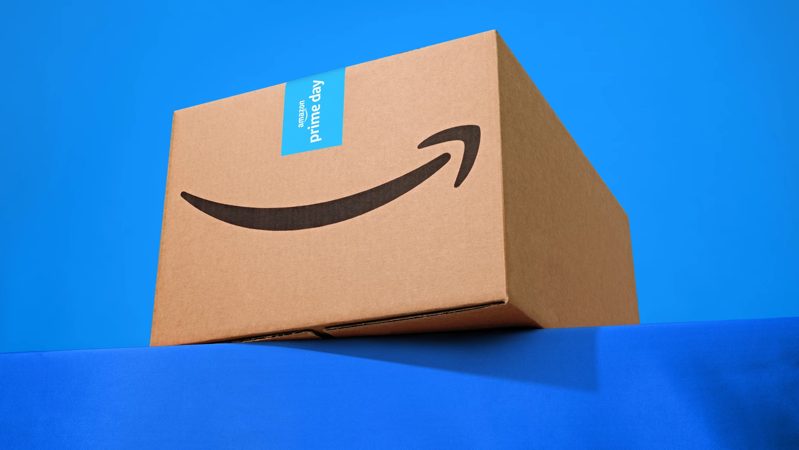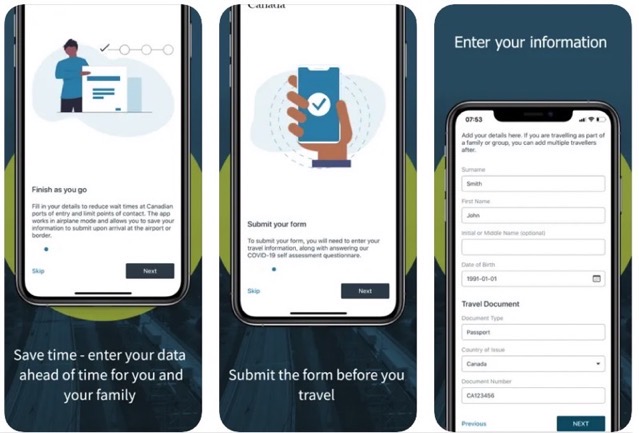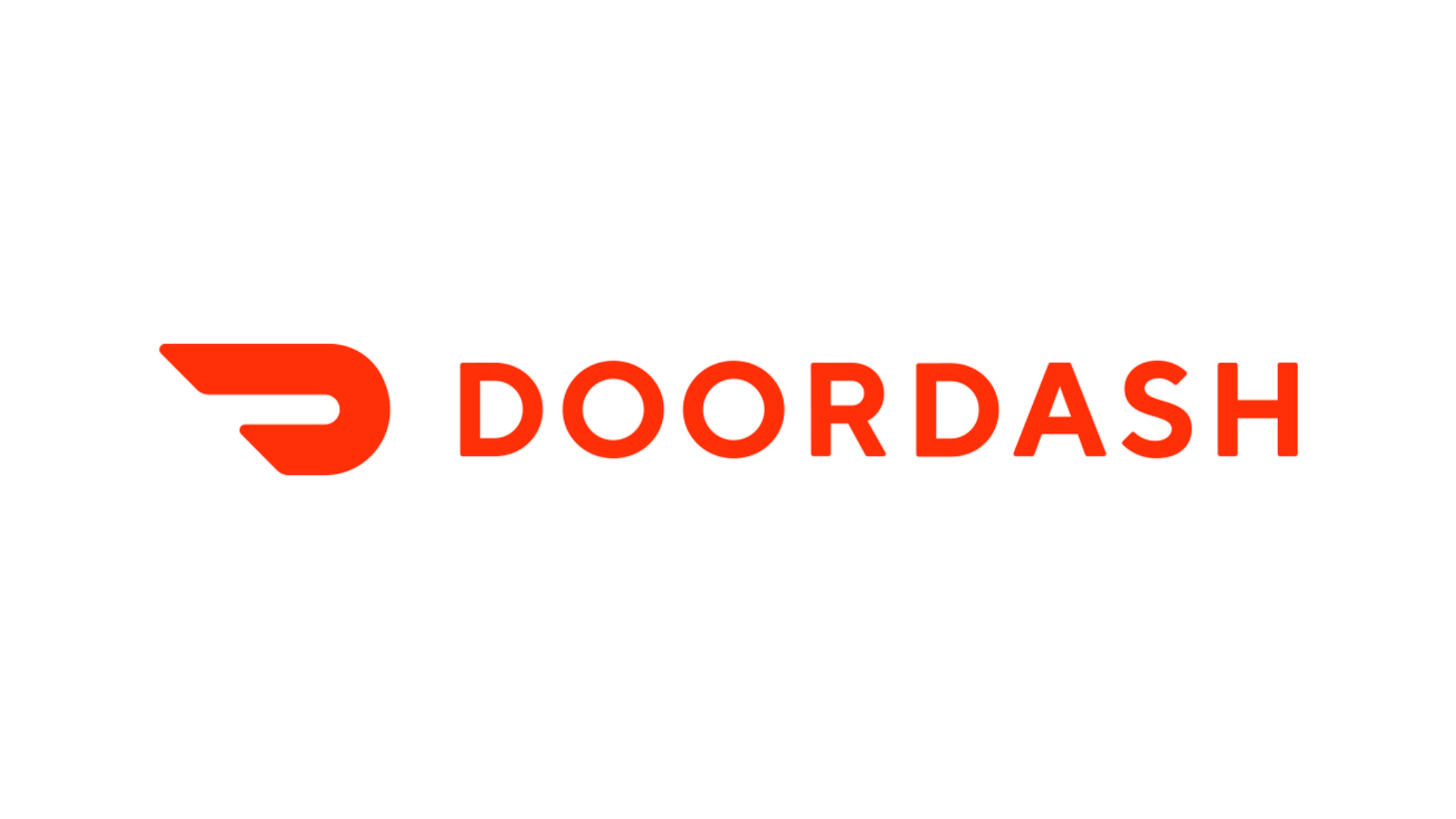
ArriveCan App Still Costs $3 Million Per Year to Operate: CBSA
The ongoing investigation into the $60 million ArriveCan app continues and seemingly never ends. Officials from the Canada Border Services Agency spoke in front of MPs at the House of Commons Government Operations Committee yesterday, sharing their accounts of what happened.
“I do believe ArriveCan provided value for money. I don’t believe it provided best value for the taxpayer,” said Jonathan Moor, Vice-President of the Canada Border Services Agency’s Comptrollership Branch, reports the National Post.
According to Moor, he believes the ArriveCan app saved Canadians money versus paper customs forms, noting about 60 million travellers used the digital declaration when coming home during COVID-19. He says the digital submissions cost $1 with ArriveCan, versus $3 for paper.
“During that time, sure we made mistakes and we should learn from those mistakes, but it was a very stressful situation,” said Moor, on the challenges faced during the development of the ArriveCan app in the early stages of the COVID-19 pandemic.
Right now, it still costs $3 million per year to operate the voluntary ArriveCan app, which is still being used by roughly 300,000 travellers per month (3.6 million annually), who can skip the main customs lines.
“This committee has bona fide concerns that CBSA top brass is covering up and deliberately trying to hide their actions while scapegoating others,” questioned Conservative MP Larry Brock. He also rejected the notion that ArriveCan saved money. “I can tell you Canadian taxpayers are very disappointed in the operations of the CBSA,” said Brock.
According to Moor, most of the ArriveCan contracts were signed off by Cameron MacDonald and Antonio Utano, who have since been suspended. But other senior execs should have been watching the contracts more closely, he admitted.
Moving forward, all CBSA managers that can sign off on contracts must take 16 hours of training and an executive committee now reviews any contract that is over $40,000.
“The effect is much more transparency over all of the actions we are taking on procurement, and we have strengthened the first line and second line of defence. This was lacking during the COVID period,” said Moor, on the new measures implemented to prevent future issues.


